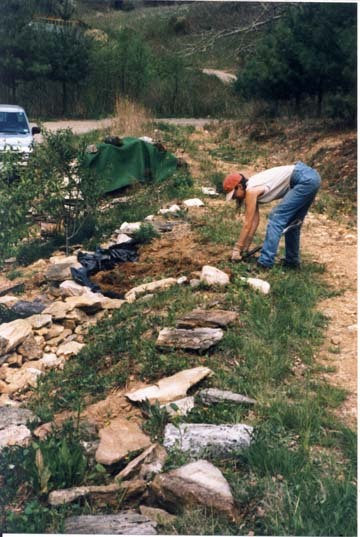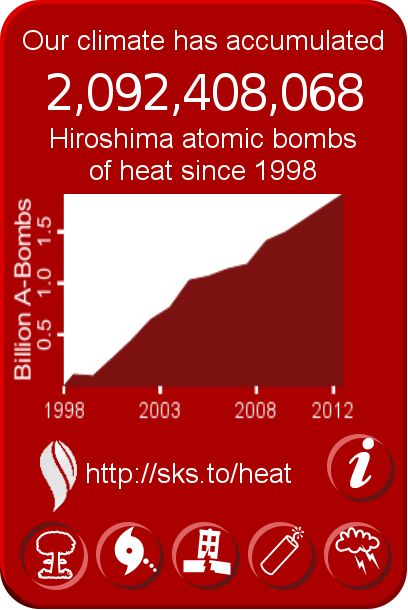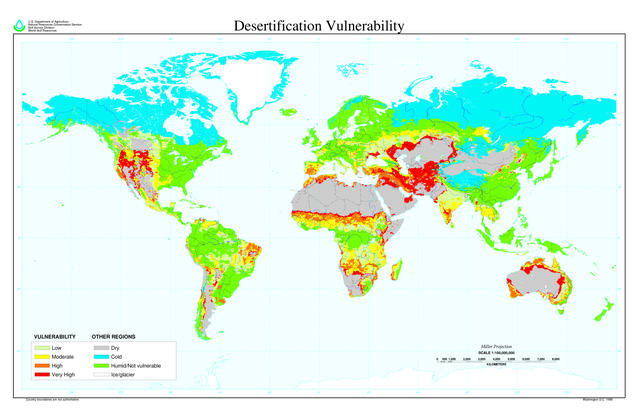ennui2 wrote:....We have a large block of voters in this country that sees the EPA as an oppressive arm of the Democratic party and an enemy of economic growth.
These ideas, no matter how promising, all become pie-in-the-sky because the rubber never meets the road. Experimental proofs of concept are worthless if they never scale up.
What a paradox- The fenced and portioned first world desertified whilst lawless outback Africa and central Asia returning to a nomadic foraging abundance???
I noted in the presentation Allan circles most of Australia including our very wet rainforests in north Queensland and our mostly pristine savanna in the 'top end'; nitpicking though as it was just a quick sketch. Also much of the central deserts have been the way they are (green once every decade or so) for thousands of years. We do have a very different land tenure system in the arid zone in Australia, which could allow such a practice to easily be brought into being- also a history of cattle stations in co-operation with local Aboriginal people on the same land. Most of the outback is held as lease, so could handle a political reset.
The other point re. general climate change, ignores the vital importance of microclimate, which Allan touches on. Having lived all over the outback and visiting friends who have reduced the general temperature by 8-10 degrees Celsius around their homes by clever planting and micro-irrigation systems, I have felt and seen the difference, it is really stunning to drive up someone;s yard and find their yard 28 C while the ambient average is 38 C.












